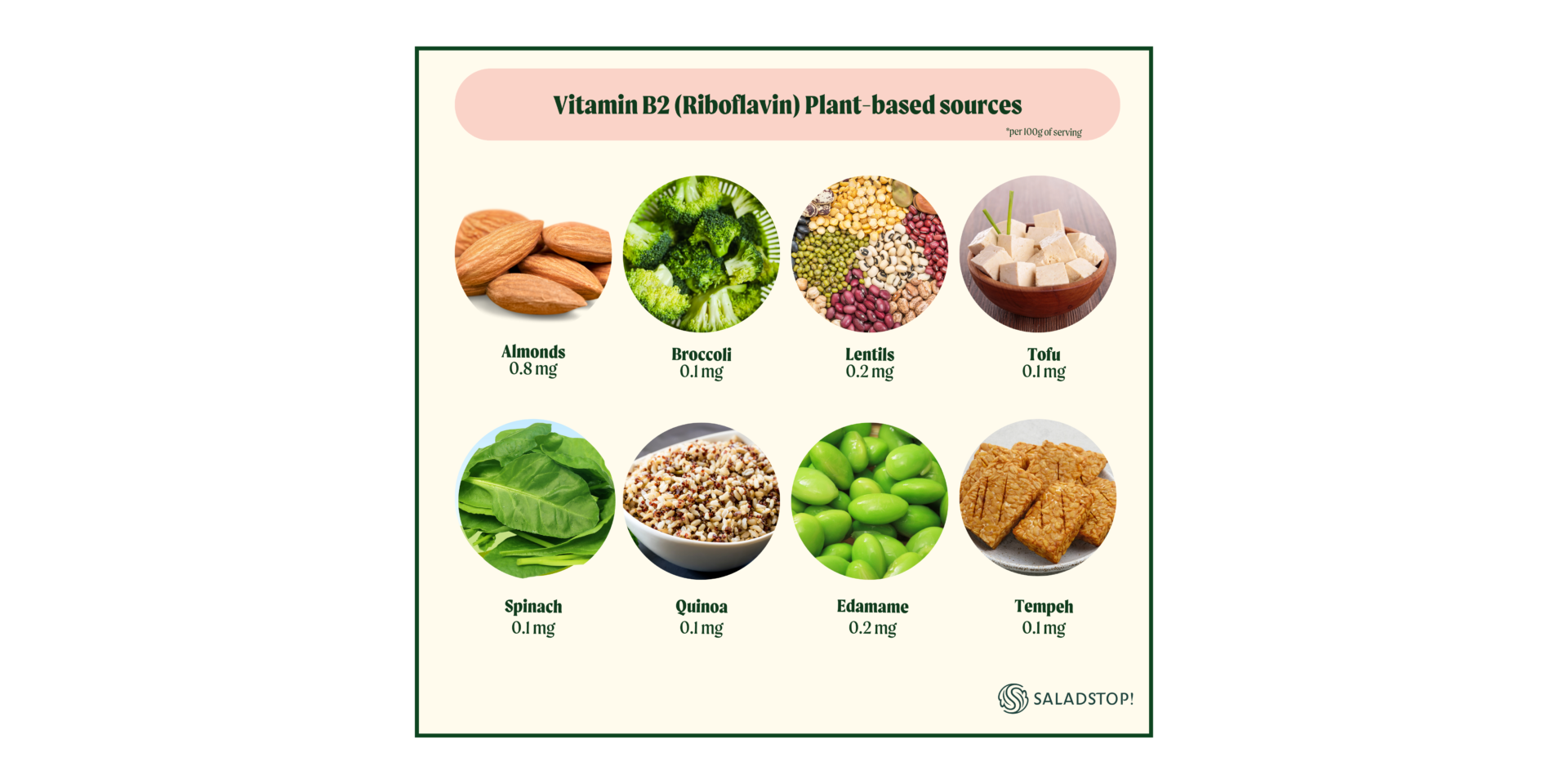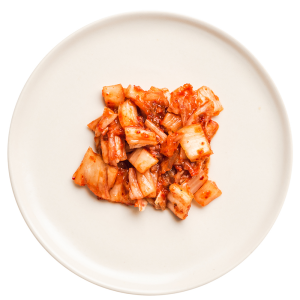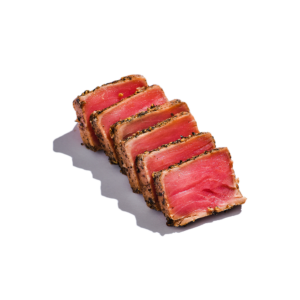As parents and caregivers, we all want the best for our children’s health, growth, and development. Nutrition plays a pivotal role in achieving these goals, and the choice of a vegetarian diet for your child can be a meaningful one. In this exploration, we’ll explore the benefits of vegetarianism, like improved heart health, lower disease risk, and a lifelong love for diverse plant-based foods. We’ll also tackle common concerns, like ensuring your child gets all the necessary nutrients, including protein, iron, and vitamins.
We’ll give you helpful tips on planning meals, where to get nutrients, and making yummy vegetarian dishes your kids will love. Whether you’re already a vegetarian family or thinking about it, our goal is to give you the know-how and confidence to make good choices for your kids’ health.
As we explore the world of vegetarianism for kids together, let’s learn more about this lifestyle and support the health and happiness of our youngest family members.
Protein and essential amino acids for Vegetarian Children
Did you know that all the essential amino acids your body requires can be obtained from various plant foods? It’s true! Important nutrients like beans, lentils, cereals, nuts, seeds, and their spreads can provide them.
Regarding children, it’s important to note that plant proteins can be harder for them to digest. Experts recommend increasing protein intake by approximately 30-35% for infants up to two years old, 20-30% for children aged two to six, and 15-20% for those over six. This means they might need a bit more protein compared to kids who eat animal products.
No need to fret, as excellent plant-based protein sources are available. Legumes such as beans and lentils, as well as grains, nuts, seeds, and nut butters, can fulfill these protein requirements. Each of these foods has its unique qualities and amino acid compositions.
Certain plant proteins, like soy, are excellent for meeting your protein needs, just like animal protein. However, wheat protein, when eaten alone, may not be as effective in providing usable protein as animal sources.
Eating a variety of foods is important for a healthy diet. It’s a good practice to include different plant-based protein sources, especially if you don’t eat much or any animal products. If you’re a kid who eats regularly throughout the day, you don’t have to stress about combining different proteins in every meal.
 Iron for Vegetarian Children
Iron for Vegetarian Children
Many studies have looked at the diets of vegan kids, both preschoolers and school-age children, and the results are reassuring. Young vegans generally get sufficient iron, and there’s no widespread anemia evidence among them. It’s worth noting that vegans and lacto-ovo-vegetarians usually require about 1.8 times more iron than nonvegetarians because the body finds it a bit challenging to absorb iron from plant-based sources (nonheme iron).
Thankfully, there are ways to boost iron absorption. Vitamin C and certain components found in vegetables can actually help the body absorb nonheme iron more efficiently. On the flip side, some substances like dietary fiber, phytates, and tannins found in plant foods can inhibit iron absorption. So, it’s all about finding the right balance.
Since iron deficiency is a common issue in children, it’s important for parents and caregivers to ensure that their kids eat foods rich in iron. There are choices like iron-fortified cereals, grain products, dried beans, and peas. During periods of rapid growth, kids might need to take supplements.
Zinc for Vegetarian Children
In vegetarian diets, you’ll often find phytates, which can reduce the absorption of zinc in the body. About half of our typical zinc intake comes from animal-based foods. For babies up to seven months old, breast milk provides enough zinc. However, as they grow, they’ll need additional sources of this essential mineral.
Now, here’s the thing: because of differences in how our bodies absorb zinc from plant-based sources, strict vegans might need to consume about 50% more zinc compared to omnivores. But don’t worry, zinc deficiency is quite rare, and most people don’t need supplements.
To make sure you’re getting enough zinc in a vegetarian diet, focus on foods like legumes, nuts, yeast-leavened breads, and fermented soy products. Some food preparation techniques, like fermenting and sprouting seeds and grains, can also improve zinc absorption.
Vegetarians can meet their zinc needs through smart food choices and cooking techniques, even though zinc can be a challenge.
Calcium for Vegetarian Children
Lacto-ovo-vegetarians easily meet calcium needs, but strict vegans should focus on this essential nutrient. Studies have shown that some strictly vegan children may not be getting as much calcium as recommended.
It’s essential to understand that a vegan diet does not impact the calcium content of breast milk during breastfeeding. However, it’s crucial to make sure children get enough calcium once they are weaned.
Include calcium-fortified foods in their diet, like fortified soy products, cereals, juices, and leafy vegetables. Certain low-oxalate greens like bok choy, Chinese cabbage, kale, and collards are excellent sources of highly absorbable calcium for older kids.
All vegetarians must meet the recommended calcium intake levels based on their age, as specified in vegetarian food guides. Strict vegan children and adolescents may need calcium supplementation to achieve these recommended levels.
Fat and Fatty Acid
Vegan children usually consume less fat in their diets, about 30% to 31.5% of their total energy intake, compared to those who eat animal products. However, the good news is that this lower fat intake doesn’t appear to significantly impact their growth.
Vegan diets may lack certain nutrients, specifically the long-chain omega-3 fatty acids known as docosahexaenoic acid (DHA) and eicosapentaenoic acid (EPA). Vegan diets don’t include these fatty acids, which are primarily found in fish, seafood, and eggs. To obtain DHA and EPA, vegans would need to consume significant amounts of sea vegetables or algae.
Another factor to consider: vegan diets, higher in omega-6 fatty acids, can hinder the conversion of linolenic acid into DHA and EPA. Some studies have shown low levels of DHA and EPA in the blood of vegan adults.
To address this, we recommend that vegan children include good sources of the precursor linolenic acid in their diets. You can find these in foods like flaxseed and canola oils, walnuts, and soy products. You can also find vegetarian-friendly DHA supplements derived from microalgae.
Limit trans fatty acids in semisolid fats like shortening and margarine, as they hinder long-chain omega-3 synthesis.
The recommendation for vegetarians is to ensure that omega-3 fatty acids make up about 1% of their total caloric intake. This can be achieved by including foods like 5 mL of flaxseed oil, 45 mL of walnuts, or 15 mL of canola oil in the diet for the average adult.
For preterm infants, who may have a limited capacity to convert these precursors, supervised supplementation with DHA may be necessary.
Vitamin B12
Strict vegans must be careful about vitamin B12 because it’s mostly in animal products. They need supplements or fortified foods to get enough.
For lacto-ovo-vegetarians who include dairy products and eggs in their diet regularly, they can source B12 from these foods.
Breast milk from strict vegan moms may not have enough B12, so babies might need supplements.
B12 sources for vegan children and adults include fortified soy formula, infant and kid cereals, yeasts, fortified soy and nut beverages, and specific cereals.
Vegetarian diets usually have enough folic acid, which can hide B12 deficiency anemia but may lead to nerve issues. So, strict vegan kids should check if they’re getting fortified foods and supplements.
It’s generally advised to eat three servings of B12-rich foods every day or take a supplement of 5-10 μg per day. Babies born to vegan moms are more at risk of B12 deficiency and should be watched closely for it.
Vitamin D for Vegetarian Children
Vitamin D is usually found in animal foods, but vegans might not get enough. In areas with limited sunlight, all breastfed babies should take vitamin D supplements.
Infant formula and many brands of cow’s milk, as well as some soy and rice milk products, are fortified with vitamin D. However, strict vegan infants and children may need to take vitamin D2 (ergocalciferol, a non-animal product) supplements if their fortified food intake is insufficient.
Supplementation is also necessary for breastfed infants and children who consume less than 500 mL of fortified milk daily. For children under one year old, a dose of 400 IU (International Units) of vitamin D from all sources is recommended.
For children older than one year through adolescence, supplements within the recommended range of 400 to 600 IU (10 to 15 mcg) are perfectly fine. These can come in the form of enjoyable chewable multivitamins that your child may love, or they can be administered through liquids or drops. Another option is cod liver oil, a time-tested child supplement that generations of parents have used.
Getting some sunlight is crucial for synthesizing vitamin D in the skin. The best times are before 10 am and after 4 pm, when UV rays are weakest. Fair-skinned individuals should aim for the shorter end of that time frame, while those with darker complexions can stay out a bit longer. It’s a good practice to allow your child’s skin to absorb 10 to 15 minutes of sun before applying sunscreen, but always remember that excessive sun exposure can harm delicate skin, so balance is essential!
Riboflavin
Thankfully, clinical riboflavin deficiency is quite rare, and there haven’t been many observed cases in vegetarians. It’s worth mentioning that riboflavin, also called vitamin B2, can be found in slightly lower quantities in vegetarian diets compared to nonvegetarian diets. The positive aspect is that riboflavin is available in a variety of plant-based foods.


Vitamin A for Vegetarian Children
Strict vegans can’t get Vitamin A from animal products, so they need to eat colorful vegetables and fruits like carrots, spinach, and oranges for carotenoids that turn into vitamin A.
Vegans should eat three servings of colorful veggies and fruits each day to make sure they get enough vitamin A.
Fibre
It’s worth mentioning that many vegan children often consume significantly more fiber—sometimes up to three times the recommended amount.
To find out how much fiber your child needs each day, just add 5 grams to their age in years. So, a 6-year-old should aim for around 11 grams of fiber daily (6 + 5). But remember, don’t go over their age in years plus 10 grams of fiber per day. This keeps things balanced and healthy for your child.
Eating lots of fiber can be a bit tricky for young kids. It might make them feel full without giving them enough calories because high-fiber foods are often not very energy-packed. Also, too much fiber can stop their bodies from absorbing important minerals. So, it’s important to find a good balance.
Download this pdf as your guide: Healthy Vegetarian and Vegan Diets for All Ages.pdf
Disclaimer:
At SaladStop! Group, our commitment is to empower every individual with reliable, evidence-based nutritional and wellness guidance. To earn your trust as your ultimate resource for nutritional information, our content undergoes rigorous nutritional scrutiny to ensure its accuracy, whether it’s about our offerings, culinary creations, or services. Please note that all information provided is for informational purposes only and should not be considered a substitute for professional medical or nutritional advice.





